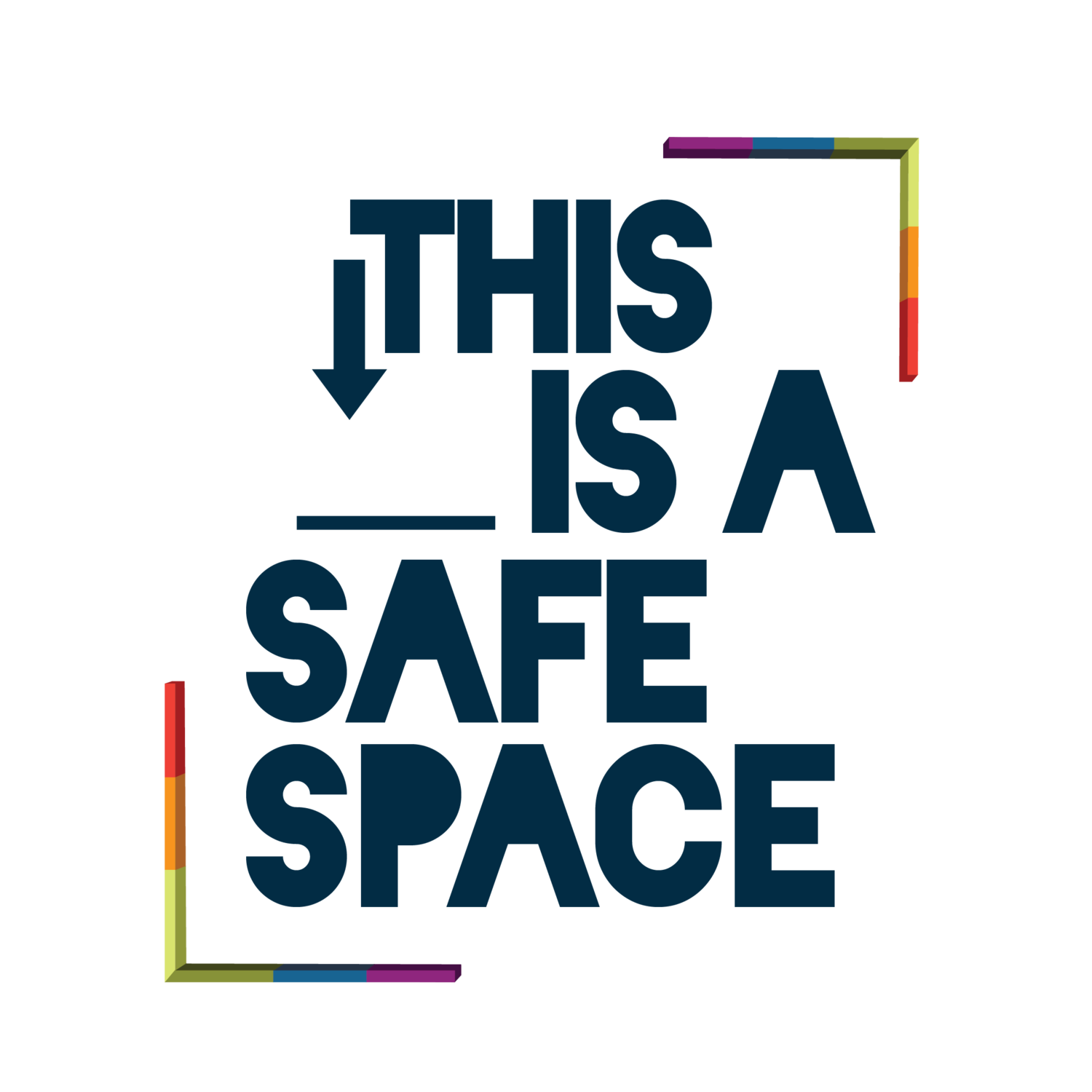Social Justice Event
TED Talk
How Childhood Trauma Affects Health Across a Lifetime
Unfortunately, I was not able to attend a social justice event in person. Instead I chose to watch the TED Talk about the health affects of childhood trauma. I have always had an interest in learning about childhood trauma. I could never understand and never will be able to understand how any one could hurt a child. However, this TED Talk didn't focus just on actual abuse to a child, it talked about a spectrum of different acts that could traumatize a child and affect them for the rest of their life. This includes sexual, physical, or emotion abuse, parental divorce, substance abuse, incarceration, or domestic abuse. This TED talk taught me about how extremely common it is for people to have at least one of these indicators and the affects of having one or more indicator. If a person has four or more indicators they are eight times more likely to have a depression and 12 times more likely to attempt and or commit suicide. This reminded me of the August article and the importance of safe spaces where kids feel safe and comfortable. The kids that have this childhood trauma clearly need a safe space and it makes me hope that my future classroom can be a safe space for my students where they can be given the resources to get the help that they need. I found an article that talks about the reasons why safe spaces are important to have on college campuses. I do not want to work at a college but I feel like if its important for colleges to have safe spaces, its just as important for kids in grade school to have them as well. If people have childhood trauma, this when that trauma would occur and in the TED talk it discusses how the sooner these kids get access to help and services, the better off they will be. This TED talk also reminded me of Kristof's theory that the US in the land of limitations. I related this to the TED talk because if these kids don't the help they need related to their trauma they will be very limited and face more challenges as adults. Kristof makes it clear in his article that if you have something working against you its almost impossible to catch up and get ahead, which I think is a point that ties right into the TED talk. The last author I felt like I could relate this TED talk to was Christensen. Christensen talks about how schools need to give students the tool to interpret oppression and stereotypes. While oppression typically corresponds to a group of people or culture being put down for something they cannot control I related this to children that have experienced traumas. They are a group of people who have been traumatized and limited by people that have more power than them. I think it is up to schools to help these students realize they can get help and take back their power. Children who experience trauma are victims to it their whole life due to the long lasting effects. Schools should have staff trained to help these kids, recognize what they're feeling, and do what they can to avoid the long lasting effects it can have on their health.

No comments:
Post a Comment